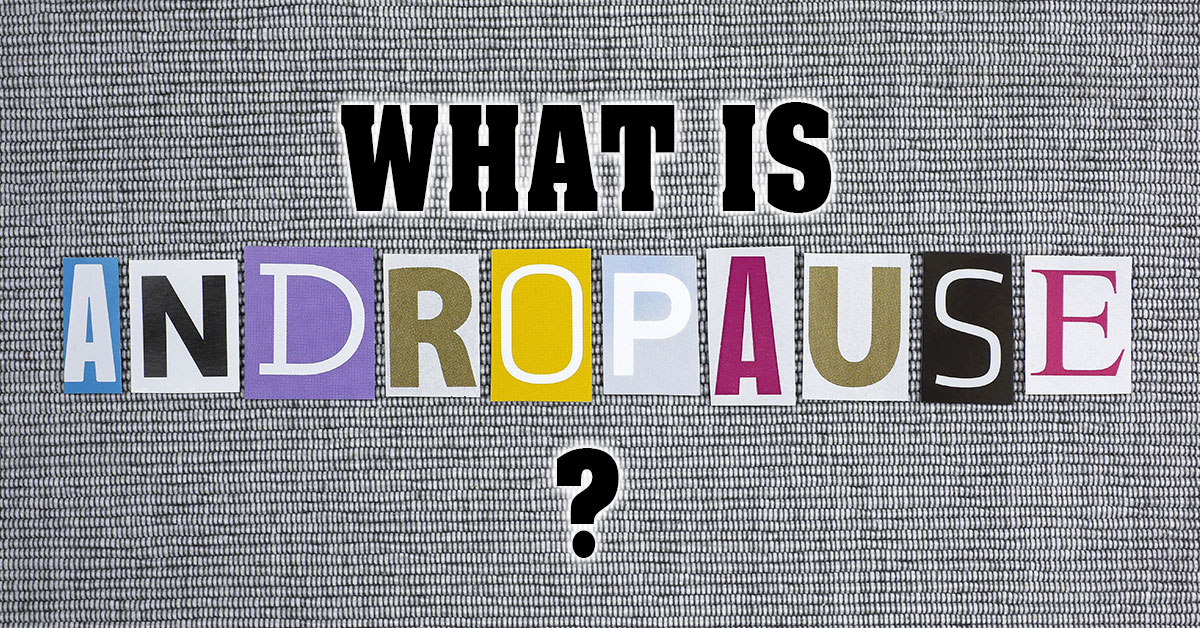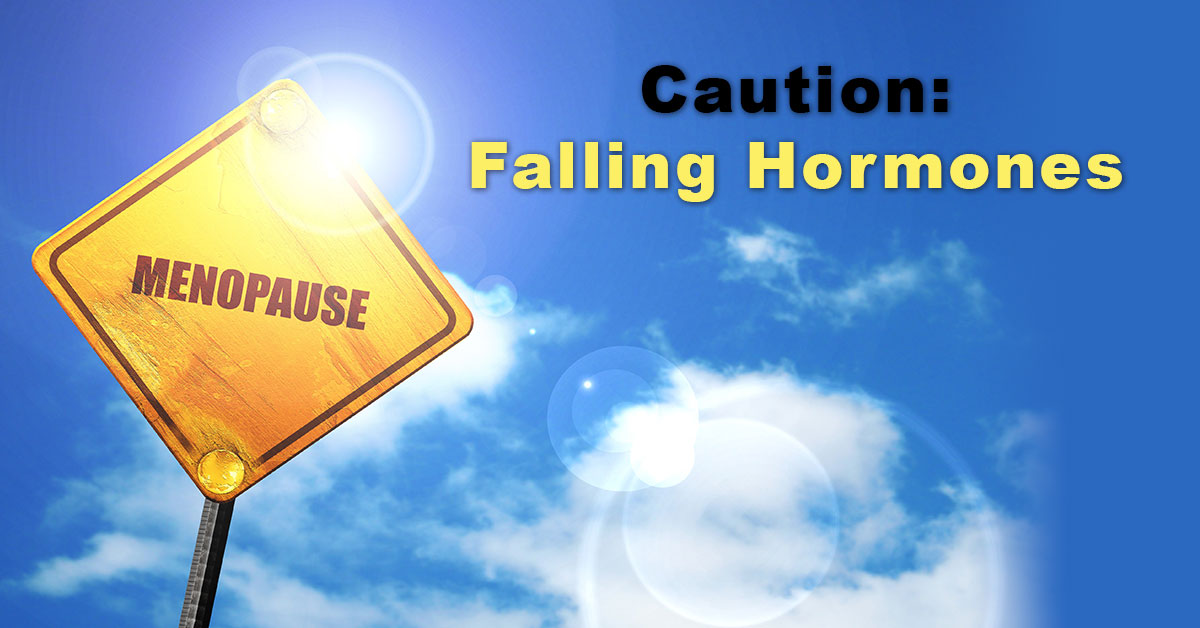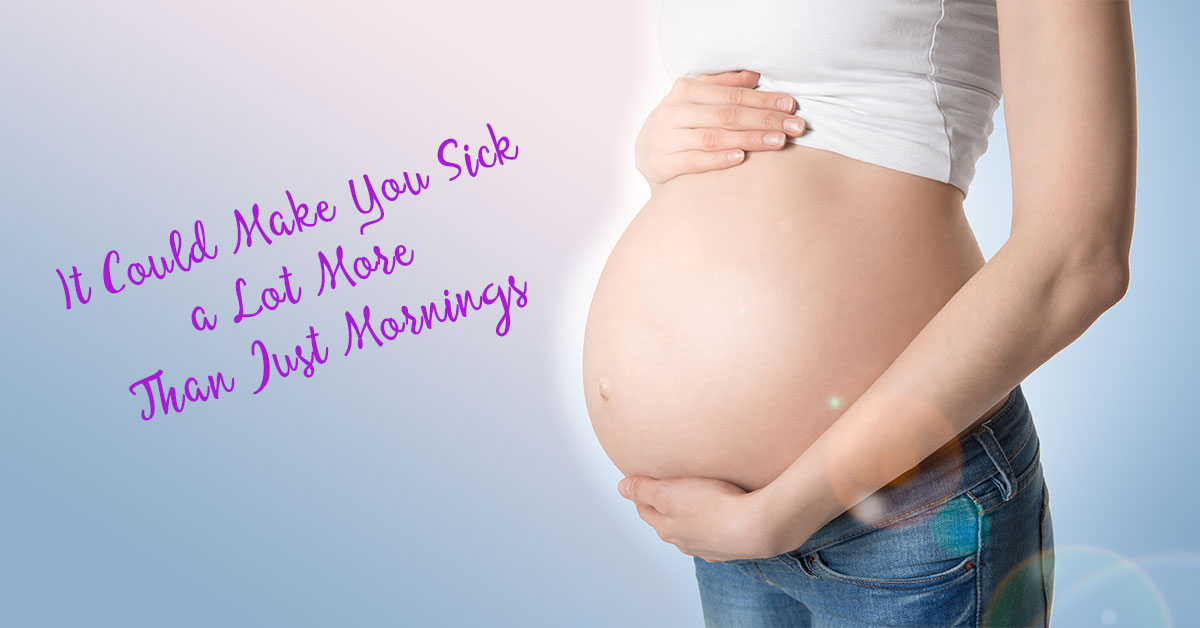WHAT IS ANDROPAUSE – Getting Older All the Time

What is Andropause? In men, the symptoms of aging are often the result of a growth hormone and testosterone decline. After age 20, a man’s growth hormone falls about 14 percent every 10 years. By the time he reaches 40, he’s lost almost half the growth hormones he had at 20 years old and by the time he reaches 80, men are left with just 5 percent of their original growth hormones. These imbalances can happen at any age. Advancing age is associated with an increase in aromatase, the enzyme that converts testosterone to estrogen. Yes, you heard right, “estrogen”. Older men actually have higher estrogen levels than postmenopausal women. (Doesn’t exactly sound manly…)
Man Oh Man Oh Menopause…Andropause?
When you hear the word menopause, your thoughts most likely go to women. However, the reality is that men can be affected by their own type of menopause, or andropause, as it’s often referred to. Male menopause doesn’t cause the same symptoms as it does in women. Andropause may happen so gradually or subtly that some might not even notice the transition taking place at all. However, for other men, especially those with poor diets and low activity levels, they may be hit harder with the variety of male-specific symptoms.
The Estrogen/Testosterone Train Wreck
As we’ve mentioned, andropause can come on subtly. But when they do become apparent, these symptoms of male hormone imbalance are some of the most common:
- Erectile dysfunction
- Hair loss
- Low libido
- Fatigue or lack of energy
- Night sweats or hot flashes (your wife will have a riot at that one, once she discovers you with your face in front of the open fridge.)
- Memory loss
- Mood swings or irritability
- Heart palpitations
- Muscle loss or weakness
- Sleep apnea or insomnia
- Depression or anxiety
- Constipation or increased bowel movements
- Increased body fat
- Gynecomastia (development of breasts in men. (Man boobs, they call them. Not to be confused with Man Cave.)
Man Up
Yes, it’s true that some men suffer from one or a combination of what have become known as the classic symptoms of aging (there’s that foul word again) as mentioned above. But male menopause doesn’t have to be so miserable. If certain symptoms have begun to affect your quality of life, hormone loss and imbalance is easily correctible. Sexual functions, thinning hair and restored muscle mass, among a few, can be restored. How? Tell me how. Tell me now. The answer is to consult with one of the most extensively trained, trusted and respected physicians in bioidentical hormone replacement therapy: Stephen A. Goldstein MD, F.A.C.S. at Denver Hormone Health. Unlike some others, he never takes a one-size-fits-all approach to your healthcare. After performing simple tests, he creates a custom-compounded treatment plan based on each patient’s individual diagnostic results. Part of that plan figures in everything from your lifestyle, diet, exercise and even level of stress.
It’s what any smart guy would do.


